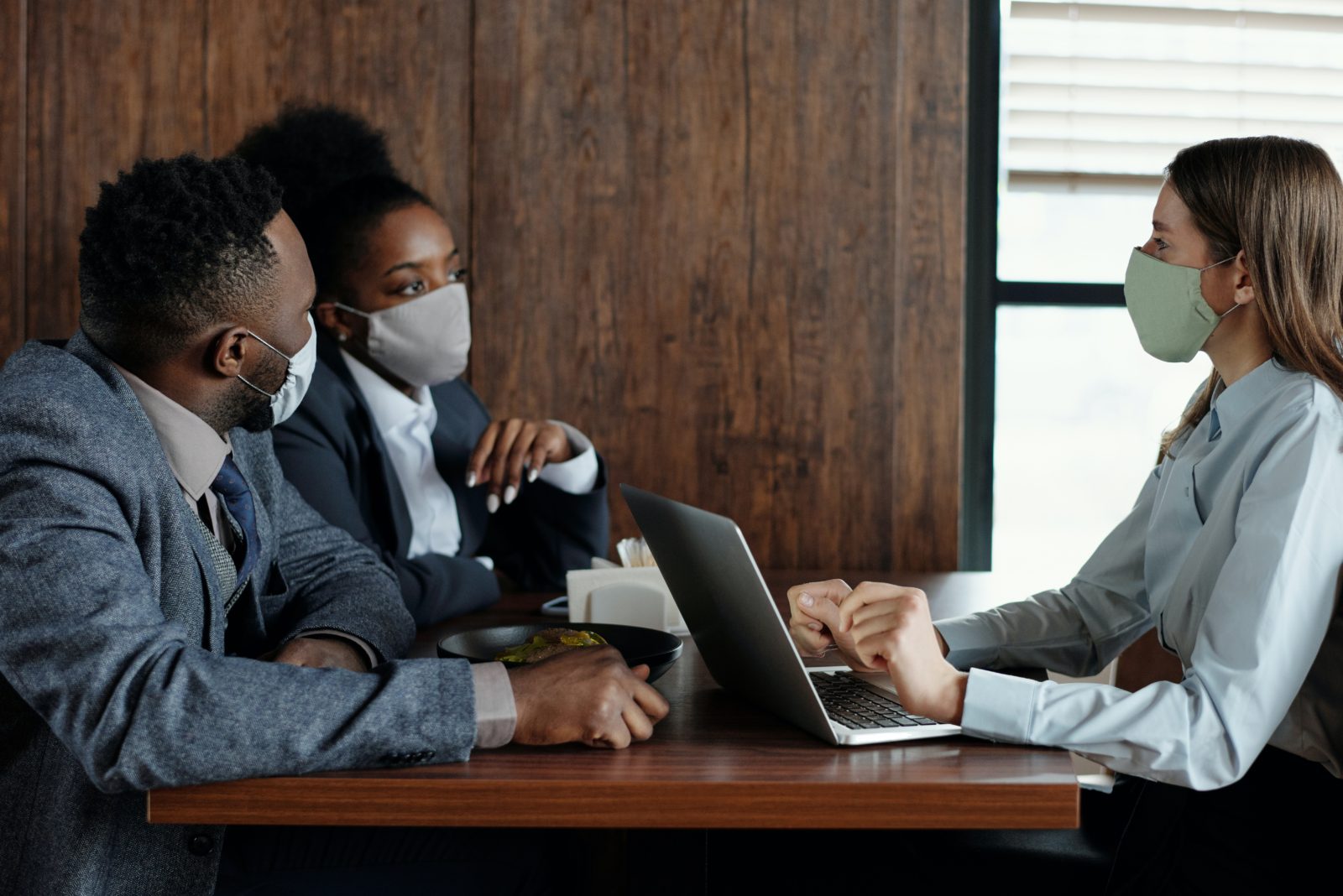A new emergency measure by the Ministry of Health against the spread of the disease covid-19 has been in force since Monday. People must wear respirators in all indoor areas, including workplaces, as they are now used in public transport or shops. But some exceptions apply.
When I’m not alone in the office, do I always have to wear a respirator?
No. It is only necessary if you are less than 1.5 meters away from your colleagues.
Is a simple face msk enough?
Strictly speaking, no. The measure requires a filtration efficiency of 94 percent for mouth and nose protection, which is met by the FFP2 or CN 95 standards. The most common surgical drapes do not meet this, but some nano-masks do.
Does my employer have to provide me with protective equipment?
It is. Employers are required to provide this equipment “in sufficient quantities for each shift” until the measure is revoked. Health Minister Adam Vojtěch (for ANO) has said that sanctions will not fall for the first few days to give large employers time to buy respirators.
The measure also explicitly reminds us that employers do not have to give respirators to home office workers.
What if I’m working in the heat at the blast furnace?
You probably won’t even need a hood. In response to requests from the Confederation of Industry, the Department has modified the measure so that employers can make adjustments in harsh environments and decide whether a hood will suffice or no mouth and nose protection at all.
Are there any other exemptions for certain occupations?
Exceptions continue to be made for public transport drivers when they are not in direct contact with passengers during check-in (ticketing), for integrated rescue system workers, presenters, and actors, or judges, and other participants in court proceedings.
What are the penalties?
The measures are controlled by police officers and sanitary inspectors, who can impose a fine of up to CZK 10,000 on the spot and higher penalties in administrative proceedings. So far, fines for veiling in public transport, for example, have most often ranged from 500 to two thousand crowns.
According to the Pandemic Act, the penalty for not wearing balaclavas can be up to 30 thousand crowns for a natural person. For legal entities, the limit is up to 3 million crowns. The ministry says that such high, even liquidating fines will not happen in practice.










Leave a Reply